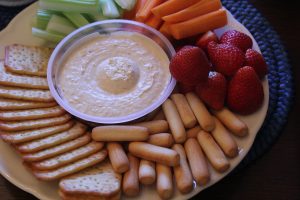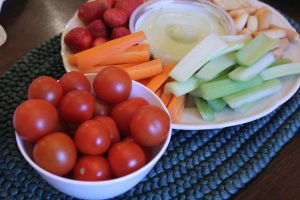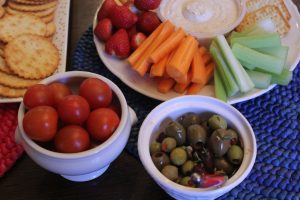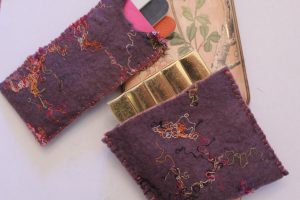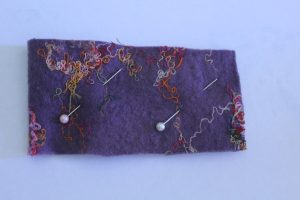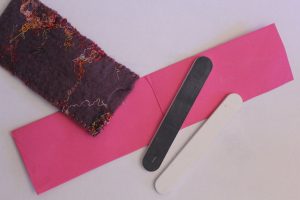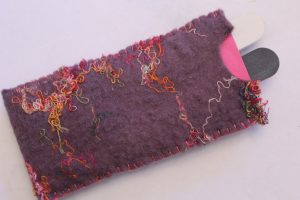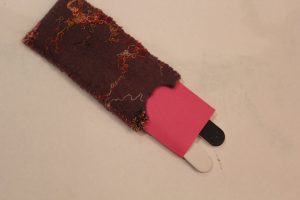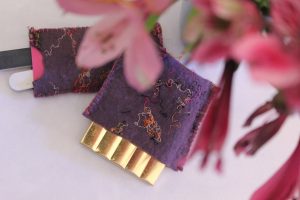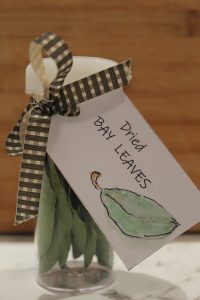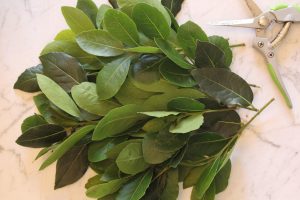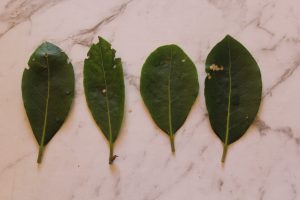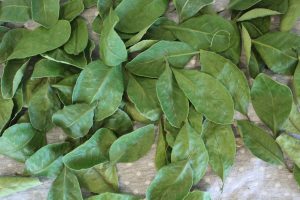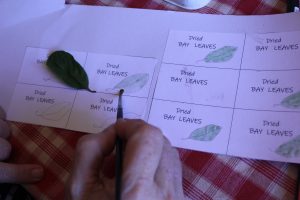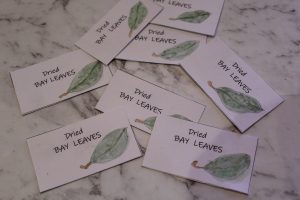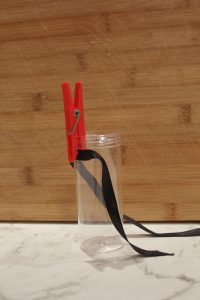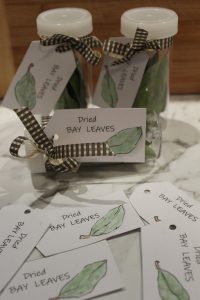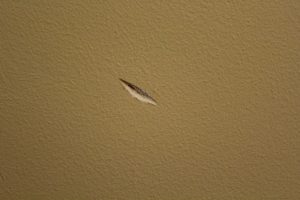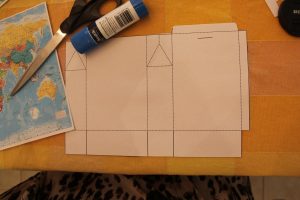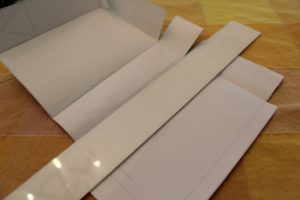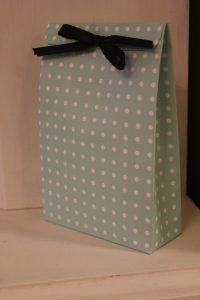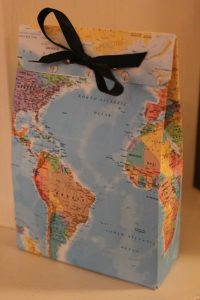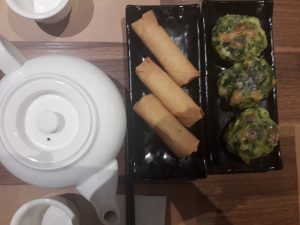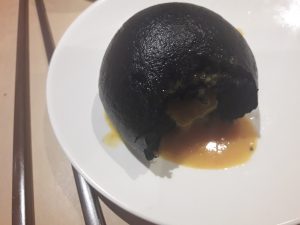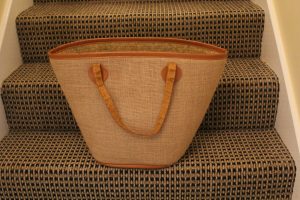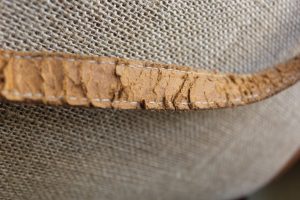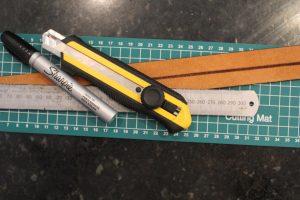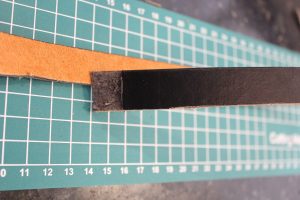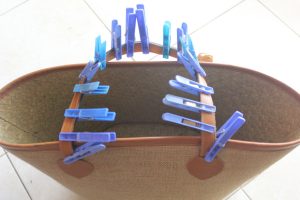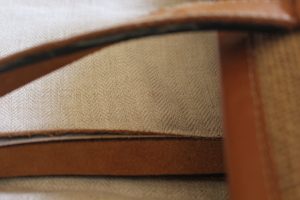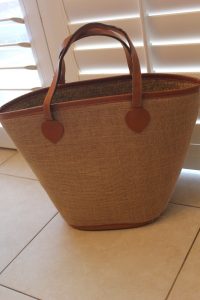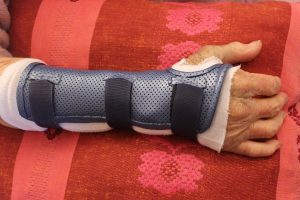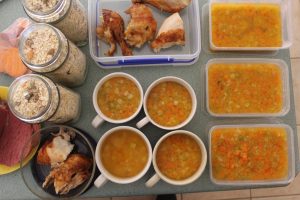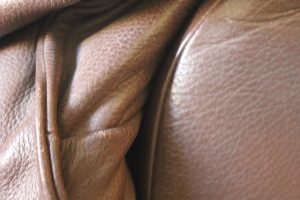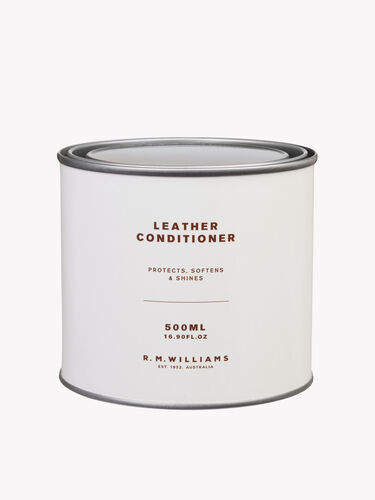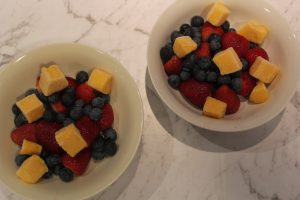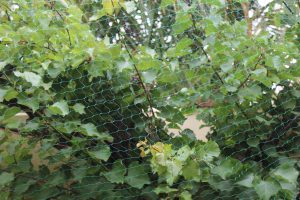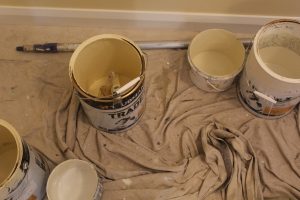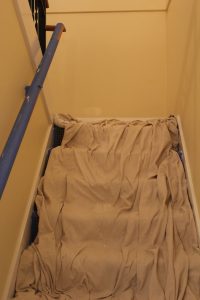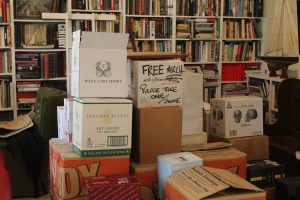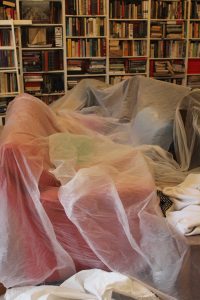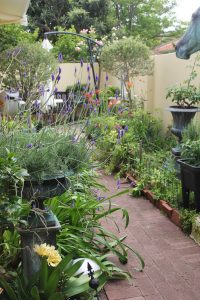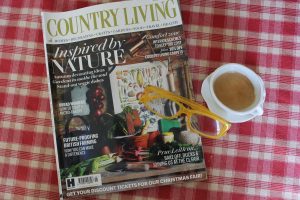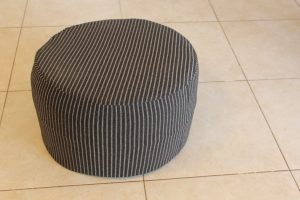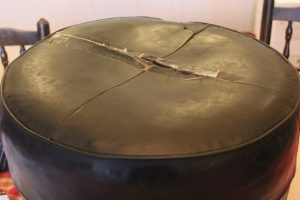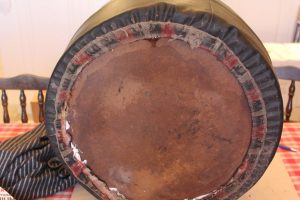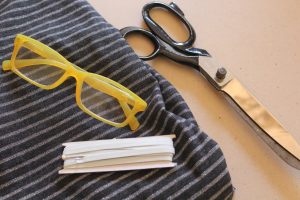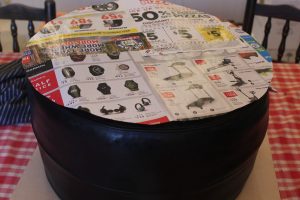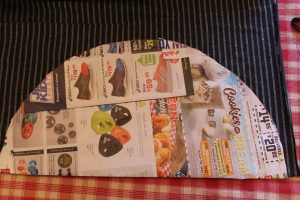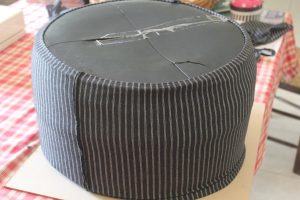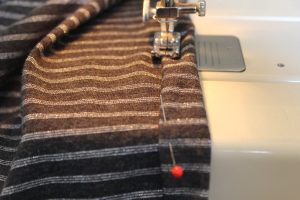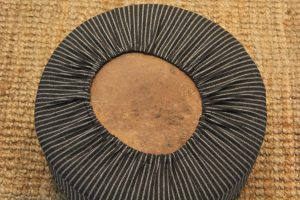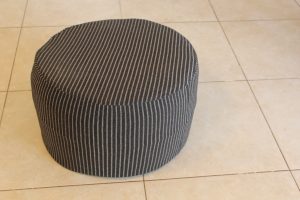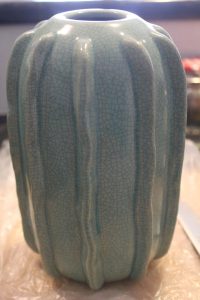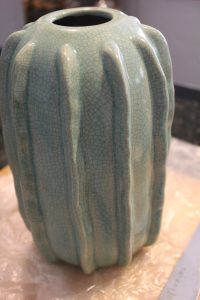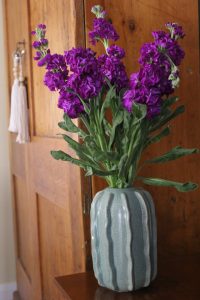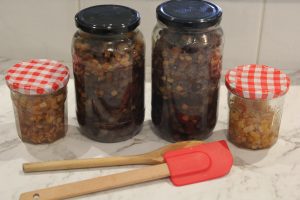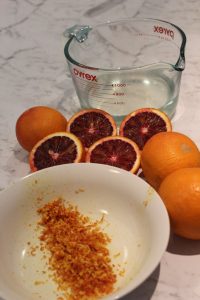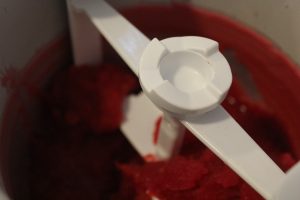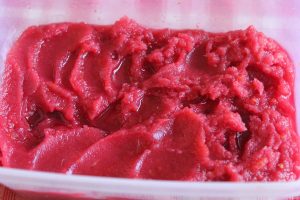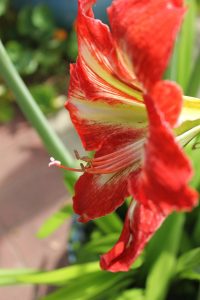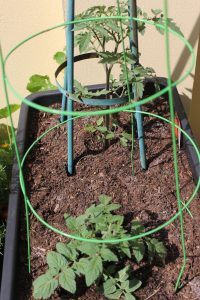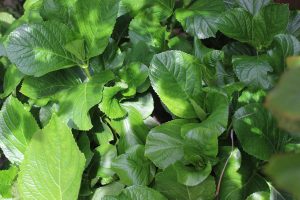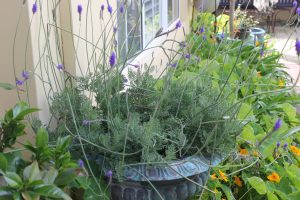CAN DOGS EAT APPLES AND CARROTS?


Our dog, Louis, has just had his teeth cleaned. He is six years old and despite having a dental stick every night, he had plaque build up. The dental sticks claim to promote daily oral care. Maybe not but he loves them! I was reluctant for him to have a General Anaesthetic, an essential part of the cleaning process, but the vet emphasized the risk of losing teeth to decay.
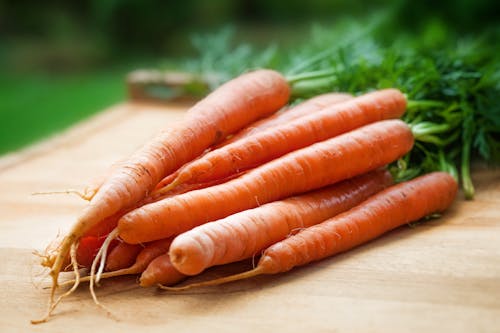

So, if the dental stick has been ineffectual, will apples or carrots help? The good news is that both apples and carrots are great for your dog’s health and in particular, their teeth. It’s important you don’t give your dog apple cores, especially the seeds, as these contain cyanide, which is poisonous for dogs. Carrots are best cut into small pieces as some dogs choke trying to swallow large pieces. Apples and carrots are rich in fibre, vitamins and good for cleaning teeth and easily included in your dog’s diet.
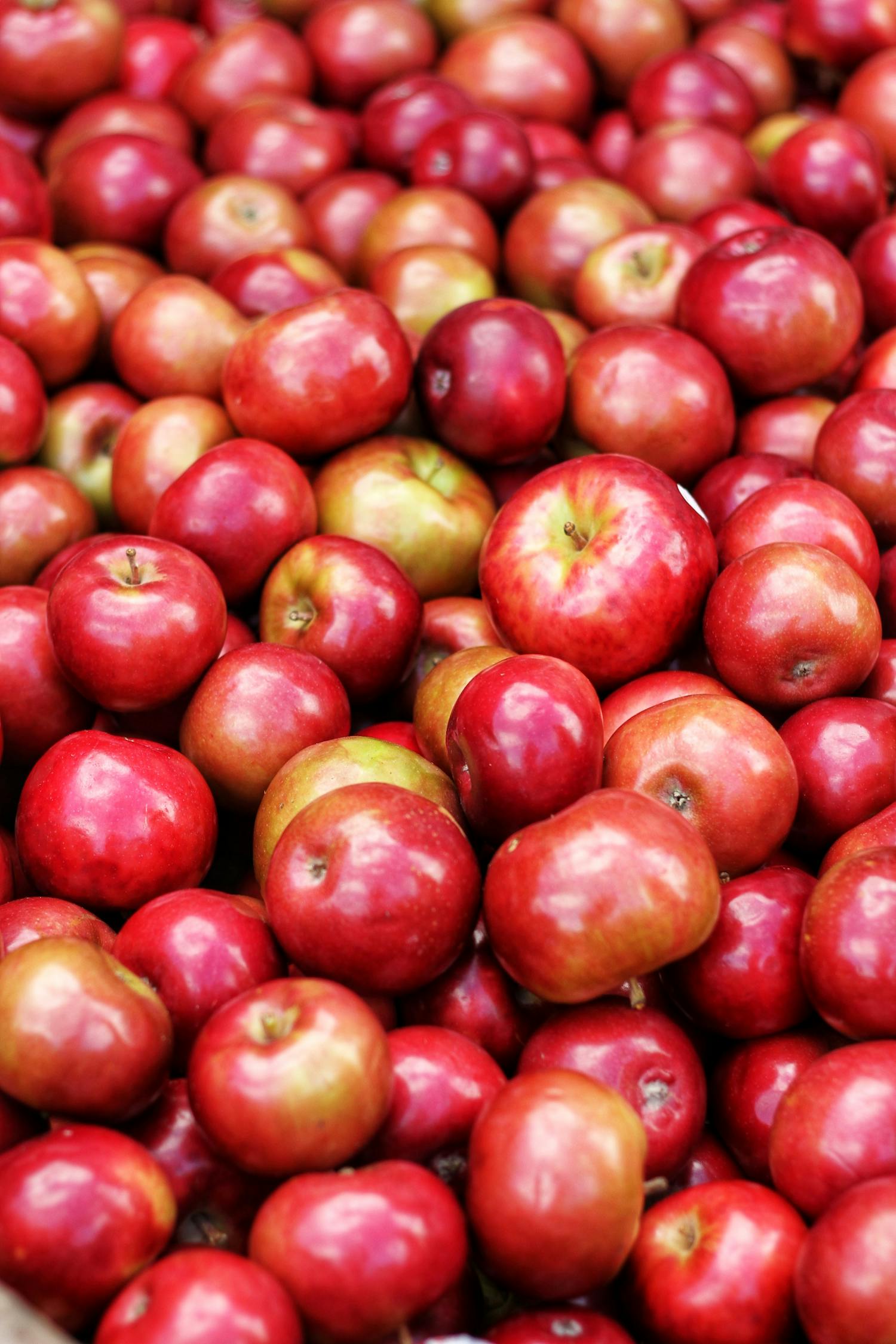

Keeping your dog’s teeth healthy is obviously important. Our vet recommended tooth brushing, dental friendly diets additives to their water and some low or no calorie chews. I think Louis is too old to be introduced to tooth brushing. He’s had one of the chews the vet recommended in his toy basket for ages and never plays with it. The water additive recommended to us claims to reduce plaque accumulation by 88% and is probably the path we will follow. There is also a powder which is sprinkled on their food once a day .
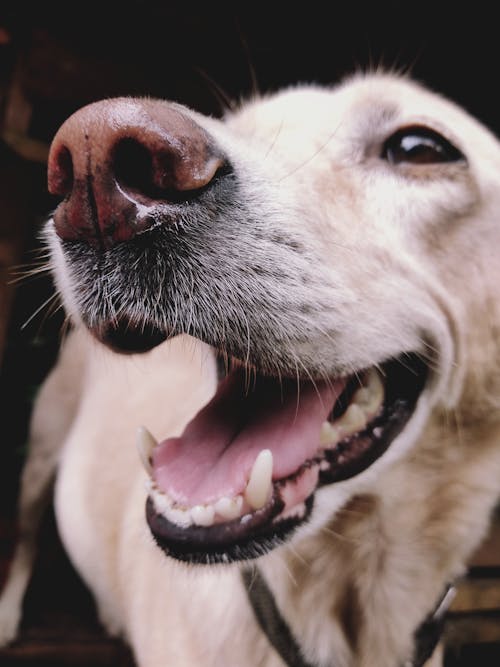

These products are approved by the VOHC, the Veterinary Oral Health Council. Both are expensive, but if you thought a visit to the dentist for your checkup, scale and polish was dear, brace yourself for the cost of your dog having the same work done. Our vet recommends regular dental checkups for cats and dogs, which will become part of his annual visit to the clinic for his vaccinations.
MAKING CHRISTMAS CAKES
We have been soaking the dried fruit for the cakes since early October. The fruit has been soaking in brandy and every morning my husband inverts the jars. Now the time has come to make the cakes.
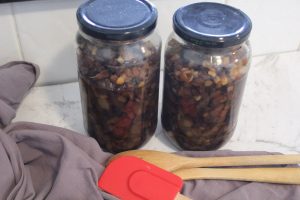

I begin by lining the cake tins. Next I get all the ingredients out, ready to add to the batter. Finally, I weight and sift, chop and add until all the ingredients are amalgamated. I use a recipe from my Aunt, which I’ve used for the past 35 years.
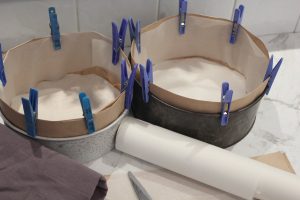

Remarkably useful laundry pegs hold the brown paper and baking paper in place until the batter is poured in. The paper slows down the cooking and ensures an evenly cooked, moist, richly flavoured cake.
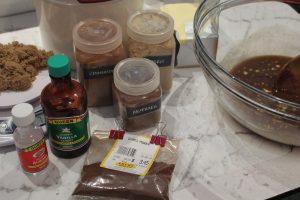

When everything is mixed we all stir the batter and make a wish. The batter is then gently poured into the prepared baking tins. I bang the tins on the bench top to level the batter and knock out any trapped air. Finally, I decorate the tops of the cakes with blanched almonds and cherries. I used to cover the cooked cakes with marzipan and then add icing, but now we just enjoy the simple decoration of cherries and almonds.
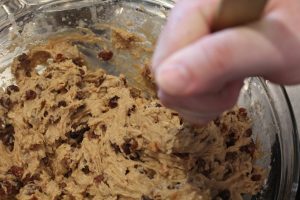





The cakes cook for about five hours. Then they’re left to cool before being wrapped in foil and stored in tins. Every few days we drizzle more brandy over the cakes. They are very, very good.


RE-USABLE FABRIC GIFTBAGS





In the past I have printed Christmas wishes on fabric by glueing the fabric to a piece of A4 photocopying paper and then copying the image onto the carefully glued together paper/fabric. It has worked well. Not today! The new printer wasn’t having any of that and promptly clogged up and flashed unfriendly messages. I had to scan a code onto my phone to read the manual to work out how to open the printer and remove the offending paper/fabric.


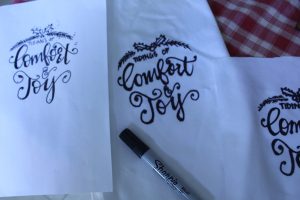

So, this year I have settled on another system. I cut the fabric (from an old cotton sheet) into double A4 sized pieces so I could fold the finished work in half and then just sew one side and the bottom to make the bag. I placed the photocopied Christmas piece between the folded fabric so it was in the middle and used a bullet nib Sharpie to trace the image.
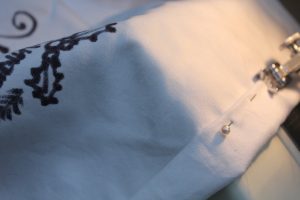

After I’d ironed the fabric I stitched quite a wide channel across the top as I hadn’t decided if I was going to thread a drawstring through it or just tie the top with a length of ribbon. Then I sewed the side and bottom, ironed it again and sat an thought about the drawstring or tie!





Finally decided on the drawstring! Slit two little holes either side of the side seam and sealed them with clear nailpolish, threaded the tartan ribbon, put in the gifts and tied a bow.
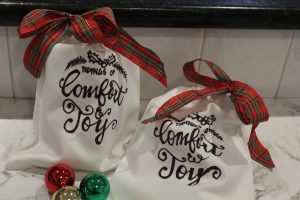

NOTE Giftwrap often ends up in the bin. When you buy wrap, scrunch it in your hand to make sure it doesn’t have plastic in it, like foil wraps. If it stays scrunched it’s paper and bio-degradable, if it resists and unscrunches (is that a word?), it has plastic in it and wont degrade. It’s a pollutant.
Friday the 13th! It’s WORLD VIOLIN DAY and HOT COCOA DAY which will probably be ignored in Western Australia as it is not yet 12pm and the temperature is 39C, with 40C forecast.




